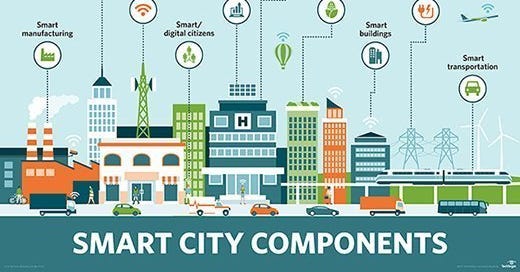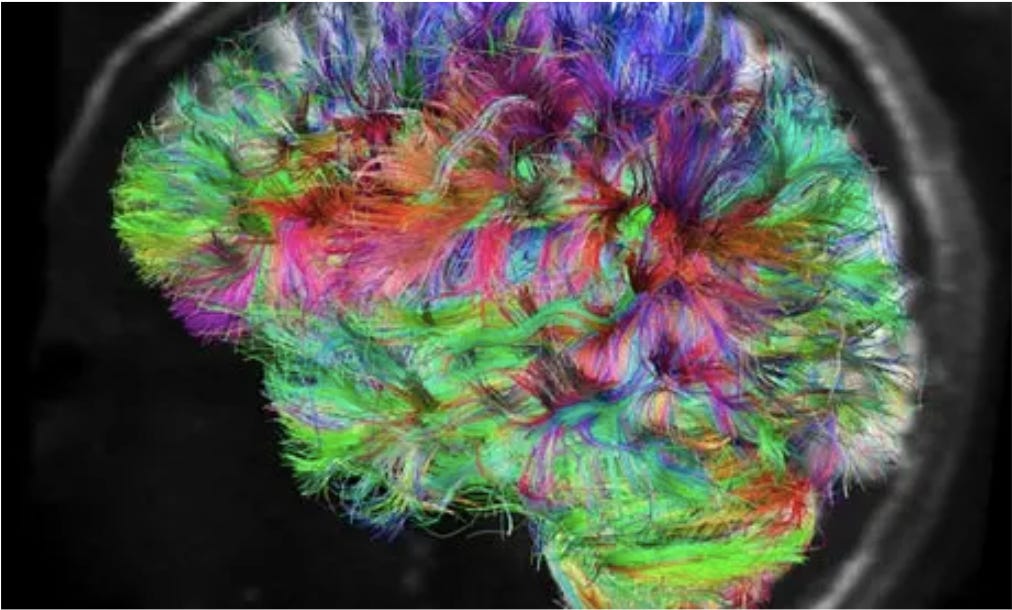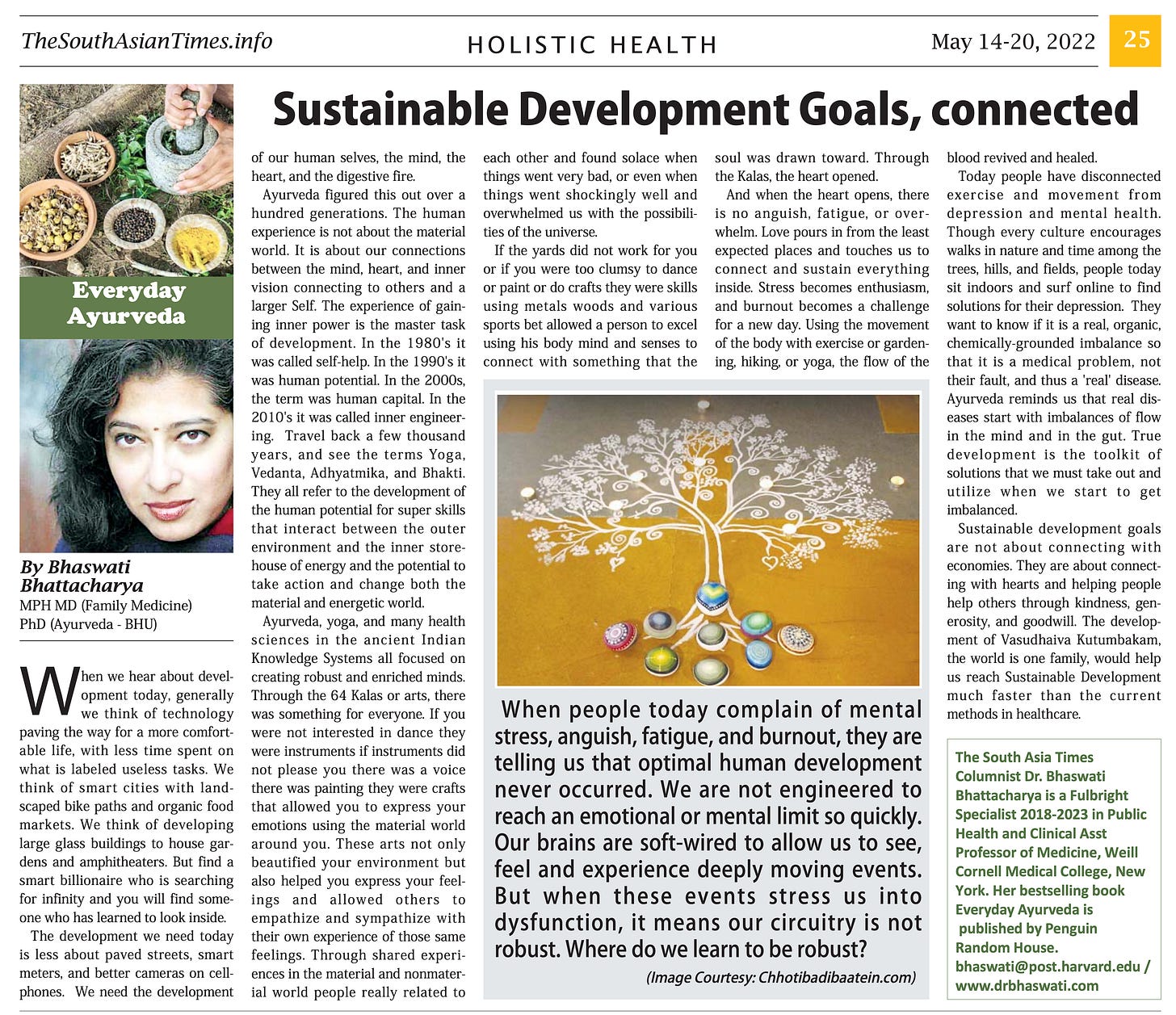Sustainable Development Goals, reconnected
When we hear about development today, generally we think of technology paving the way for a more comfortable life, with less time spent in what are labelled useless tasks. We think of smart cities with landscaped bike paths and organic food markets. We think of developing large glass buildings to house gardens and amphitheaters.
But find a smart billionaire who is searching for infinity and you will find someone who has learned to look inside.
The development we need today is less about paved streets, smart meters, and better cameras on cellphones. We need development of our human selves, the mind, the heart, and the digestive fire.
Ayurveda figured this out over a hundred generations. The human experience is not about the material world. It is about our connections between the mind, heart and inner vision connecting to others and a larger Self. The experience of gaining inner power is the master task of development. In the 1980's it was called self-help. In the 1990's it was human potential. In the 2000's the term was human capital. In the 2010's it was called inner engineering. Travel back a few thousand years, and see the terms yoga, vedanta, adhyatmika, and bhakti. They all refer to the development of the human potential for super skills that interact between the outer environment and the inner storehouse of energy and potential to take action and change both the material and energetic world.
Human Connectome Project. Courtesy of VJ Wedeen and LL Wald, Martinos Center, Harvard University
When people today complain of mental stress, anguish, fatigue and burnout, they are telling us that optimal human development never occurred in their lives. We are not engineered to reach such emotional or mental deadends so quickly. Our brains are soft-wired to allow us to see, feel and experience deeply moving events. But when these events stress us into dysfunction, it means our circuitry is not robust.
Where do we learn to be robust? Ayurveda, yoga, and many health sciences in the ancient Indian Knowledge Systems all focused on creating robust and enriched minds. Through the 64 kalaa-s (kalā, arts, S.) there was something for everyone. If you were not interested in dance, there were instruments you could play. If instruments did not please you, there was a voice teacher. There was painting. There were crafts that allowed you to express your emotions using the material world around you. These arts not only beautified your environment, but they also helped you express your feelings and allowed others to empathize and sympathize with their own experience of those same feelings. Through shared experiences in the material and nonmaterial world, people really related to each other and found solace when things went very bad, or even when things went shockingly well and overwhelmed us with the infinite possibilities of the universe arriving with abundance on our doorstep.
If the arts did not work for you, or if you were too clumsy to dance or paint or do crafts, there were skills using metals, woods, and various sports. Sciences allowed a person to excel using his body-mind and senses to connect with something toward which the soul was drawn. Through the kalaa-s, the heart opened.
And when the heart opens, there is no anguish, fatigue or overwhelm. Love pours in from the least expected places and touch us to connect and sustain everything inside. Stress becomes enthusiasm, and burnout becomes challenge for a new day. Using movement of the body with exercise or gardening, hiking or yoga, the flow of the blood revived and healed.
Today people have disconnected exercise and movement from depression and mental health. Though every culture encourages walks in nature and time among the trees, hills, and fields, people today sit indoors and surf online to find solutions for their depression. They want to know if it is real, organic, chemically-grounded imbalance so that it is a medical problem, not their fault, and thus a 'real' disease. Ayurveda reminds us that real diseases start with imbalances of flow in the mind and in the gut. True development is the toolkit of solutions that we must take out and utilize when we start to get imbalanced.
Sustainable development goals are not about connecting with economies. They are about connecting with hearts, and helping people help others through kindness, generosity and goodwill. The development of vasudaiva kutumbakam, which conveys the philosophy of the world as one family, would help us reach Sustainable Development much faster than the current methods in healthcare.
week 110. TheSouthAsianTimes
Download the .pdf version of this column by clicking on the image.
Dr. Bhaswati Bhattacharya is a Fulbright Specialist 2018‐2023 in Public Health, a family physician in the Department of Medicine at Weill Cornell Medical College in New York, NY, and holds doctorates in pharmacology and Ayurveda. She teaches ayurvedic nutrition on global platforms and cleans her channels regularly with sesame oil, mustard oil, and ghee.
Her bestselling book Everyday Ayurveda is published by Penguin Random House.
To order an autographed copy, write to bhaswati@post.harvard.edu.
To learn more, visit www.drbhaswati.com







